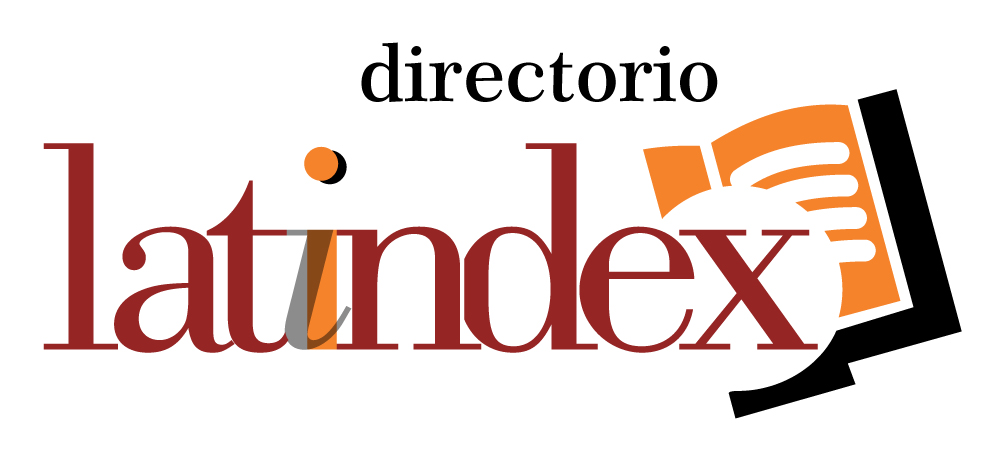Fake news and epistemic agency in the politics of disinformation
A defense of the traditional press
DOI:
https://doi.org/10.59780/junx4082Keywords:
Fake news, Social epistemology, PressAbstract
In this paper, I will discuss how the fake news phenomenon, recurrent in a variety of contemporary political scenarios, presents itself as a symptom of a systematic breakdown of normative epistemic protocols of the information evaluation processes that undermines the rigor of criteria of judgment oriented towards factual truth. Therefore, we assume that the press, that is, the means of production and transmission of information historically established as good informants, has a privileged status of epistemic credibility with regard to reporting on factual truths and how, in the politics of disinformation, this status is not only neglected but, at times, undermined, creating a state of unhealthiness in the public opinion with harmful sociopolitical effects. Finally, I also comment on how the fleeting flow of information in the age of the internet and social networks creates a fertile environment for the defective and fragmented epistemic agency advanced by the fake news phenomenon.
Downloads
References
BRAUCHER, David. Fake news: why we fall for it. Don’t believe everything you read! Psychology today, 2016. Disponível em: https://www.psychologytoday.com/us/. Acesso em: 20 set 2023.
DENTITH, Matthew. The problem of fake news. Public reason, v. 8, n. 1-2, p. 65-79, 2017.
FRICKER, Miranda. Rational authority and social power: towards a truly social epistemology. Proceedings of the Aristotelian Society, v. 98, n. 1, p. 159-78, 1998. https://doi.org/10.1111/1467-9264.00030.
GELFERT, Axel. Fake news: a definition. Informal logic, v. 38, n. 1, p. 84-117, 2018. https://doi.org/10.22329/il.v38i1.5068.
GOLDMAN, Alvin. The social epistemology of blogging. In: VAN DEN HOVEN, Jeroen; WECKERT, John (ed.). Information technology and moral philosophy. Cambridge: Cambridge University Press, 2018, p. 111-22. https://doi.org/10.1017/cbo9780511498725.007.
NGUYEN, C. Thi. Echo chambers and epistemic bubbles. Episteme, v. 17, n. 2, p. 41-61, 2020. https://doi.org/10.1017/epi.2018.32.
RINI, Regina. Fake news and partisan epistemology. Kennedy Institute of Ethics journal, v. 27, n. 2, p. 43-64, 2017. https://doi.org/10.1353/ken.2017.0025.
Downloads
Published
How to Cite
Issue
Section
License
Copyright (c) 2024 João Batista Ferreira Filho

This work is licensed under a Creative Commons Attribution-NonCommercial-NoDerivatives 4.0 International License.









